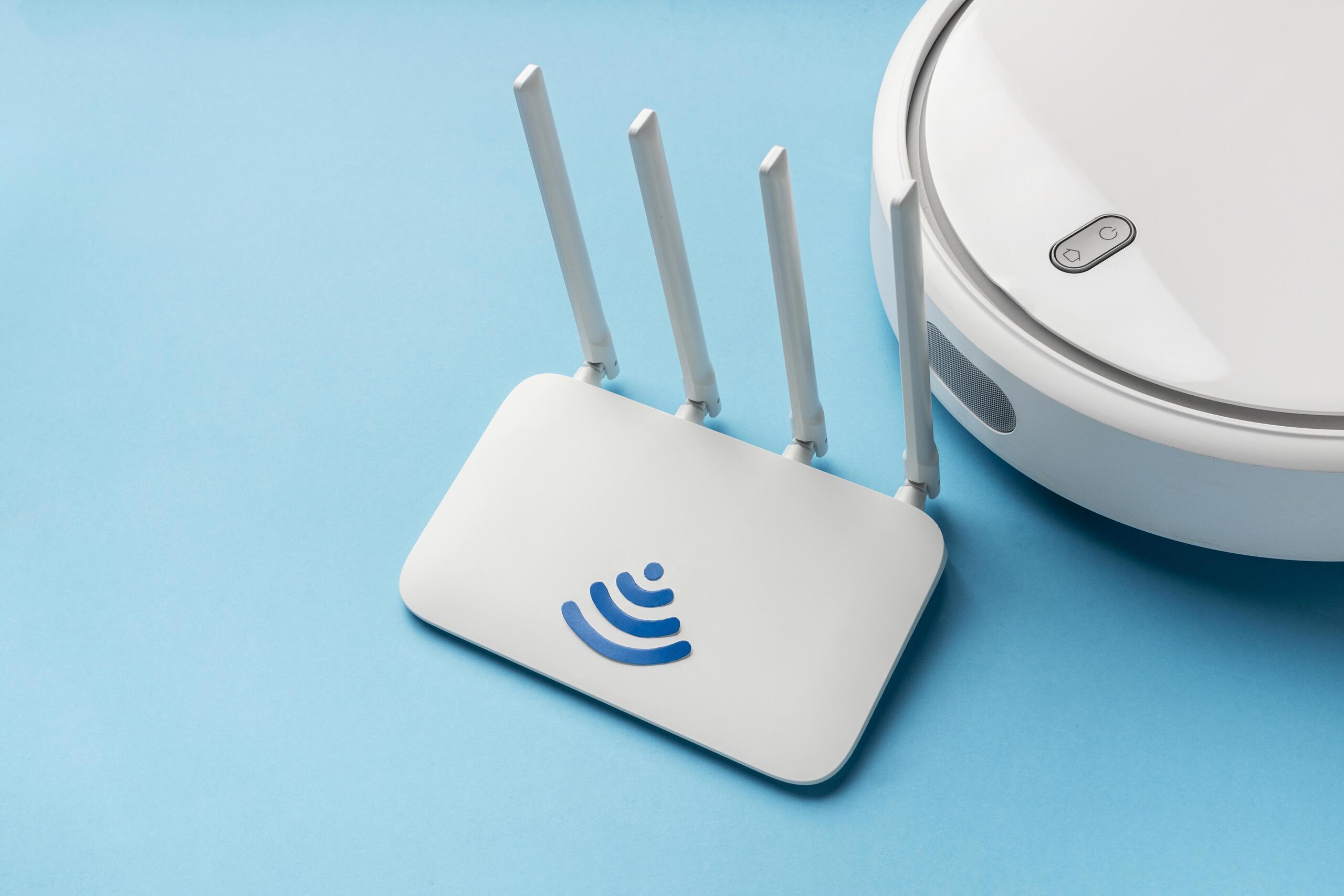
In the ever-evolving tech world, speed, stability, and scalability are critical. Modern software teams are under constant pressure to deliver updates faster without compromising on quality. This is where CI/CD pipeline automation becomes indispensable; it streamlines the software delivery process by automating code integration, testing, and deployment.
But the next evolution in DevOps goes beyond automation. Enter Agentic AI for DevOps, a powerful blend of autonomous, decision-making AI agents and DevOps practices. These intelligent agents are transforming traditional CI/CD workflows, enhancing decision-making, reducing human intervention, and accelerating time-to-market.
In this article, we explore how Agentic AI for DevOps is reshaping every stage of the CI/CD lifecycle—from integration to incident response—with practical examples and measurable benefits.
1. Smarter Code Integration Through Intelligent Agents
Use Case:
Developers often push code changes frequently, increasing the chances of merge conflicts and build failures.
How Agentic AI Helps:
With Agentic AI for DevOps, intelligent agents actively monitor pull requests and run predictive models to detect code issues before integration. These agents automatically flag risks like merge conflicts, code smells, or potential security flaws—long before the human reviewer even begins.
Example:
At a fintech company, AI-powered tools scan every incoming PR. One agent detected a possible SQL injection vulnerability even before the request was submitted. It suggested a secure alternative, ultimately preventing post-deployment issues and saving hours of debugging time.
2. Accelerated Testing with Adaptive Intelligence
Use Case:
Running full regression tests after each commit consumes significant time and resources, especially when code changes are minor.
How Agentic AI Helps:
Agentic AI optimizes CI/CD pipeline automation by selecting only the most relevant tests based on code changes. It understands historical test patterns and dependencies to prioritize what truly matters, resulting in shorter testing cycles and faster deployments.
Example:
A gaming firm implemented AI agents that intelligently skipped unnecessary tests after a small UI tweak. This reduced testing time by 30% without compromising test coverage, keeping their release schedule on track.
3. Precision in Deployment Decisions
Use Case:
Deploying during peak traffic or with limited observability can lead to high-risk rollouts.
How Agentic AI Helps:
Agentic AI evaluates real-time system metrics, user sentiment, and traffic trends to determine optimal deployment windows. It automates canary releases, adapts based on feedback, and rolls back automatically if issues arise—all without waiting for human input.
Example:
An e-commerce business uses AI agents that wait for low-traffic periods to deploy updates. During one release, an agent detected abnormal memory usage and autonomously triggered a rollback, preventing service disruption and loss of revenue.
4. Real-Time Feedback and Continuous Learning
Use Case:
Post-deployment issues often remain hidden until users raise concerns, leading to delayed responses.
How Agentic AI Helps:
Post-release, AI agents constantly analyze telemetry data, logs, and user feedback to detect anomalies. These insights feed directly into the CI/CD pipeline for smarter future iterations, making the CI/CD pipeline automation a continuously learning loop.
Example:
After launching a new feature, a SaaS provider noticed increased support tickets. The AI agent quickly identified a slow API call, suggested a fix, created a Jira ticket, and notified the team. This feedback loop drastically improved incident response and customer satisfaction.
5. Autonomous Incident Response with 24/7 Monitoring
Use Case:
Incidents outside working hours can go unnoticed, resulting in costly downtime.
How Agentic AI Helps:
With Agentic AI for DevOps, intelligent agents act as autonomous responders. They detect failures, diagnose root causes, and initiate fixes—whether by restarting services, scaling up, or reverting changes—before the on-call engineer is even alerted.
Example:
A logistics company experienced a memory leak after a late-night deployment. The AI agent detected it immediately, reverted the change, scaled up the affected service, and reported the issue via Slack. This not only preserved service continuity but also gave the team clear visibility into what went wrong.
Conclusion: The Autonomous Future of DevOps
Agentic AI for DevOps is not just an innovation—it’s a necessity for organizations aiming to scale fast while maintaining quality and reliability. Here, at Payoda, we can help in embedding intelligence into every stage of the CI/CD pipeline automation process, so teams can:
- Minimize manual intervention.
- Detect and fix issues proactively.
- Shorten deployment cycles.
- Deliver higher-quality software at scale.
Whether you’re a startup building from scratch or an enterprise optimizing mature DevOps pipelines, the future is autonomous, adaptive, and AI-driven. Now is the time to integrate Agentic AI into your workflows and unlock the next level of software delivery excellence.
Talk to our solutions expert today.
Our digital world changes every day, every minute, and every second - stay updated.









